AARP Hearing Center

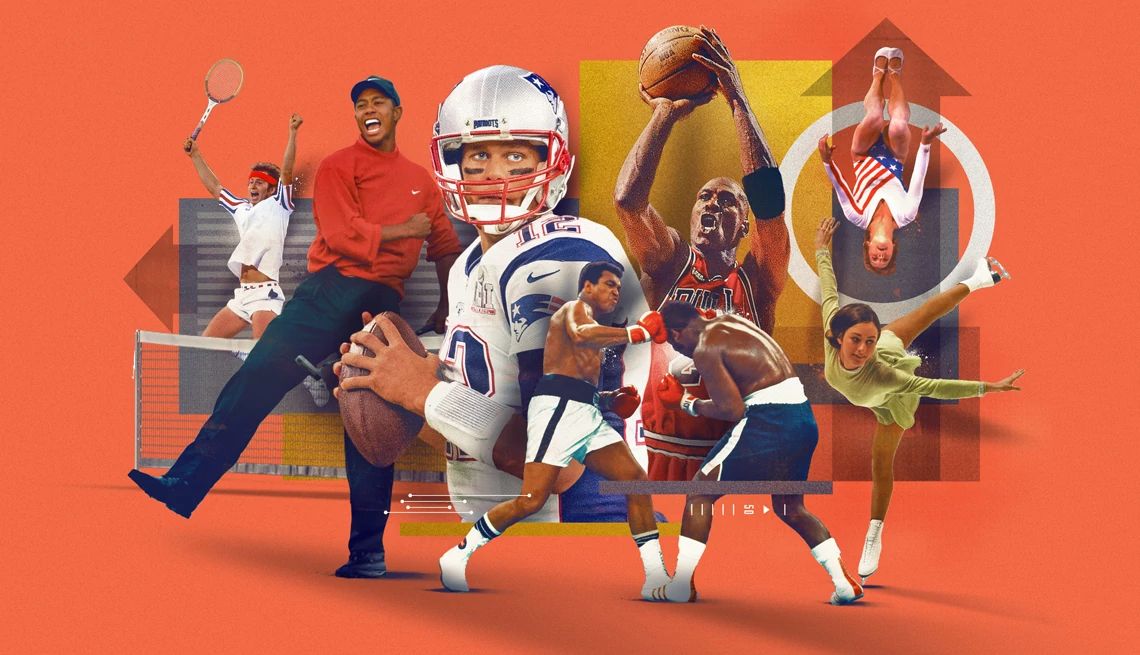
Every generation has its own shared indelible moments when sports heroes performed feats so improbable or dazzling that they would be talked about for decades at family gatherings, in bars and among friends.
For the first boomers, those memories stretch back to the “shot heard ’round the world,” or runner Roger Bannister shattering the unbreakable barrier of the four-minute mile. Those born in the 1960s remember iconic events like Secretariat shattering horse racing records, the legendary Ali-Frazier fights, and the Miracle on Ice. Gen X was the first generation to grow up with ESPN and the internet, where we could follow superstars like Michael Jordan, Derek Jeter and Wayne Gretzky 24/7, and replay their great moments again and again. Along the way, the sports we watched evolved to include skateboarder Tony Hawk’s X Games 900 and soccer player Brandi Chastain’s unforgettable moment at the Women’s World Cup. The world got a little smaller with each exhilarating new discovery.
Here’s a look at some of the most iconic sports moments we shared, and the athletes who taught us that human beings are capable of remarkable things.
1950s
1951: Bobby Thomson’s Shot Heard ’Round the World

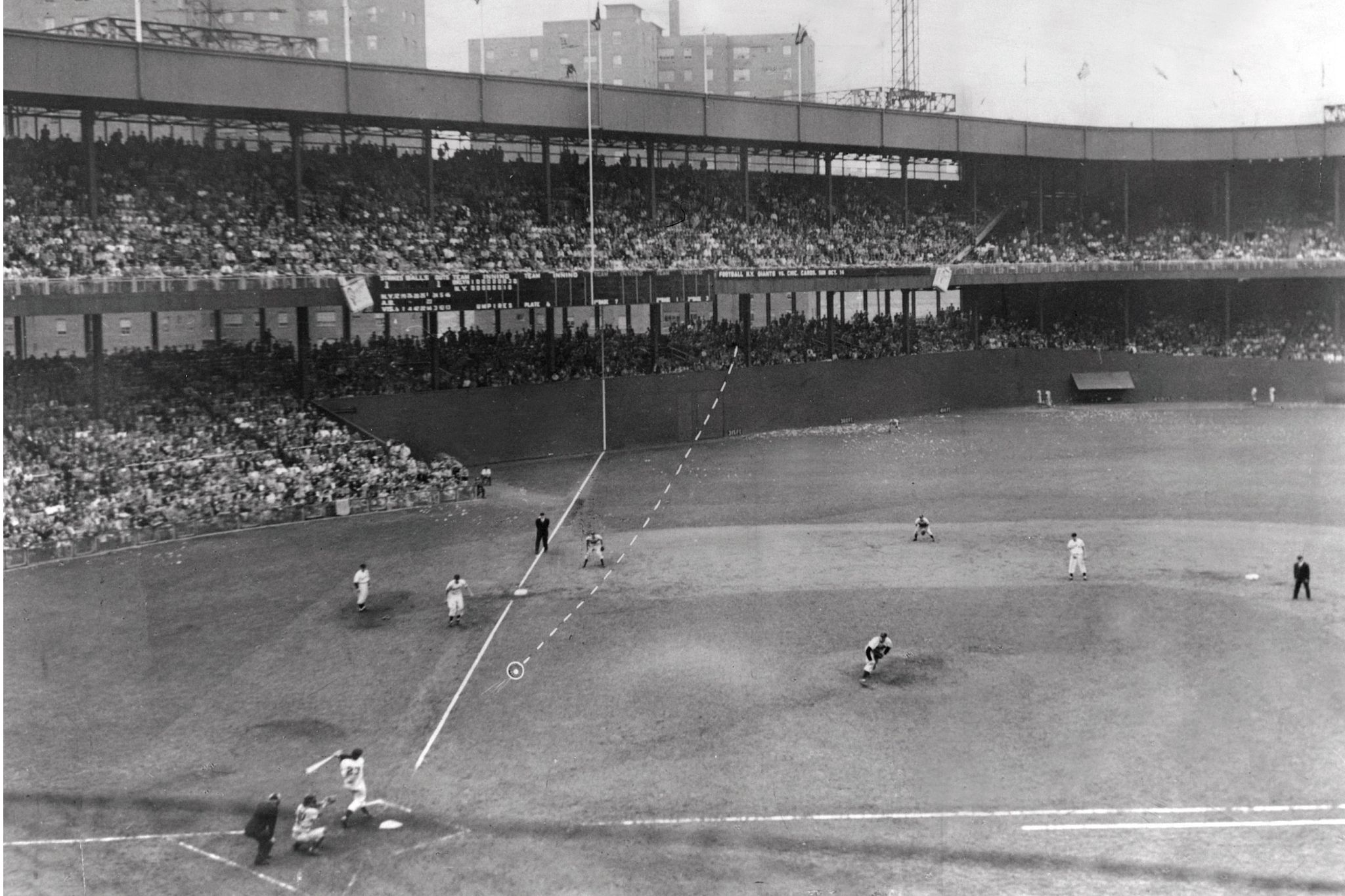
“The art of fiction is dead. Reality has strangled invention,” wrote famed sportswriter Red Smith after watching the New York Giants’ Bobby Thomson salvage the season with a pennant-winning ninth-inning homer to beat the Brooklyn Dodgers.
1954: Roger Bannister’s Four-Minute Mile

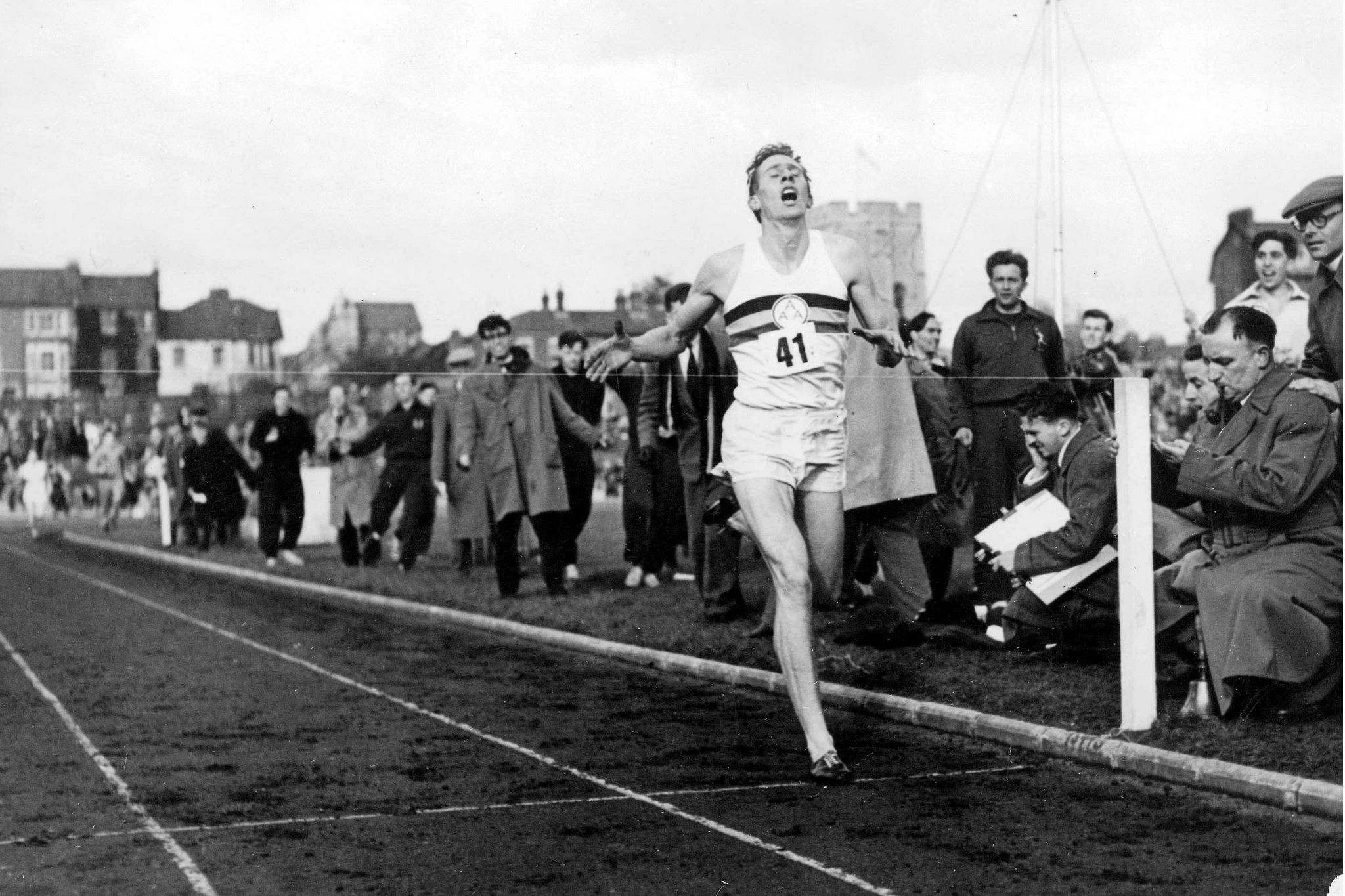
An English medical student, Roger Bannister had minimal training before he became the first person to run a mile in less than four minutes — surprising those who had said a four-minute mile was impossible.
1958: Pelé: Teen Star Dazzles

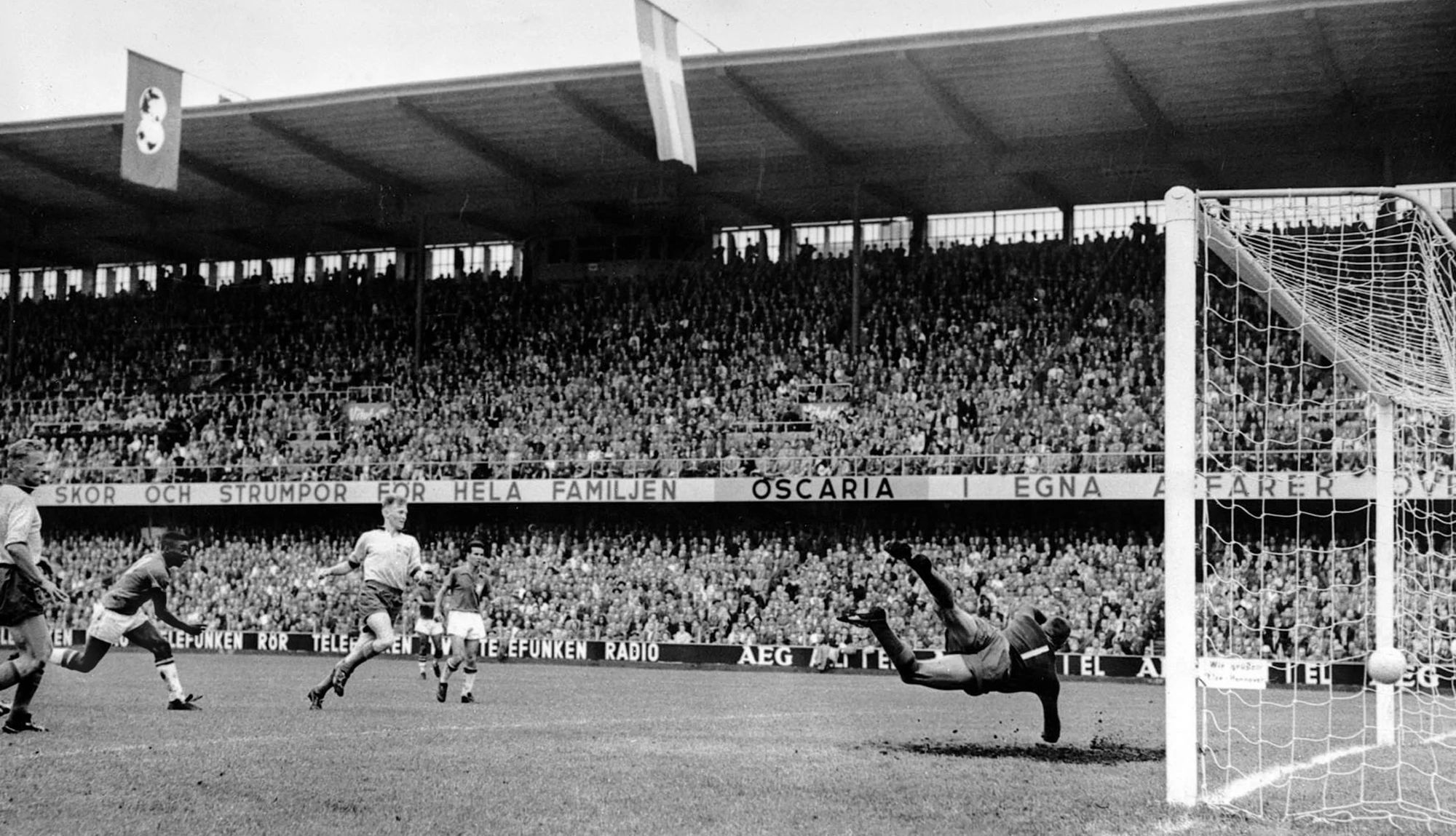
The 1958 World Cup was played in Sweden, but home field advantage didn’t matter when the host country squared off against Brazil in the final. Led by the sensational 17-year-old Pelé, who scored two goals, Brazil overwhelmed Sweden 5-2 to win the first of the country’s five World Cup titles.
1960s
1960: Wilma Rudolph: An Inspiring Triumph

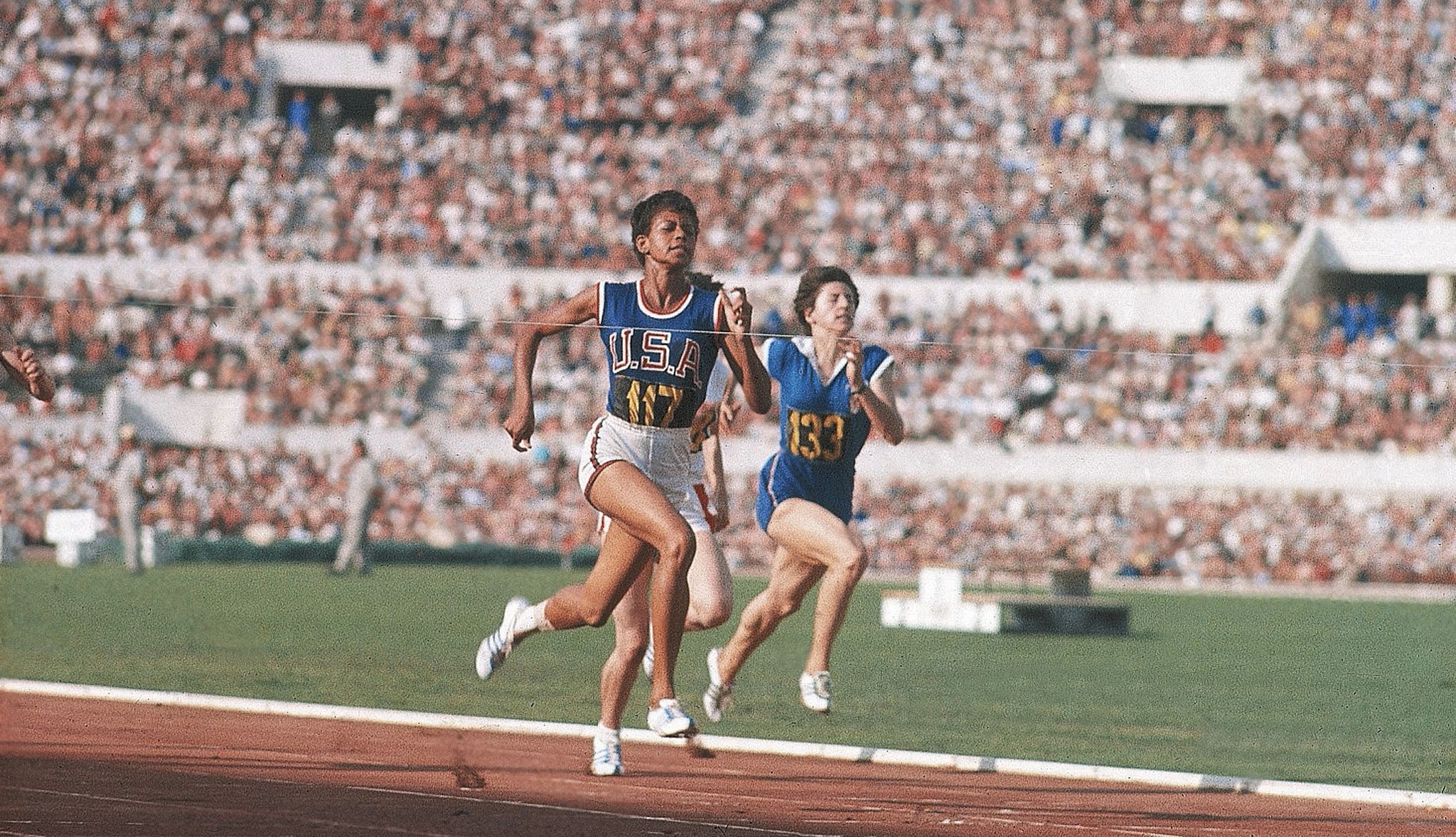
Wilma Rudolph spent years overcoming the effects of polio, which she’d had as a child in Clarksville, Tennessee. At the Rome Olympic Games, she was the fastest woman alive, winning three gold medals, including the 100-meter dash.
1962: Wilt Chamberlain’s Triple-Digit Night

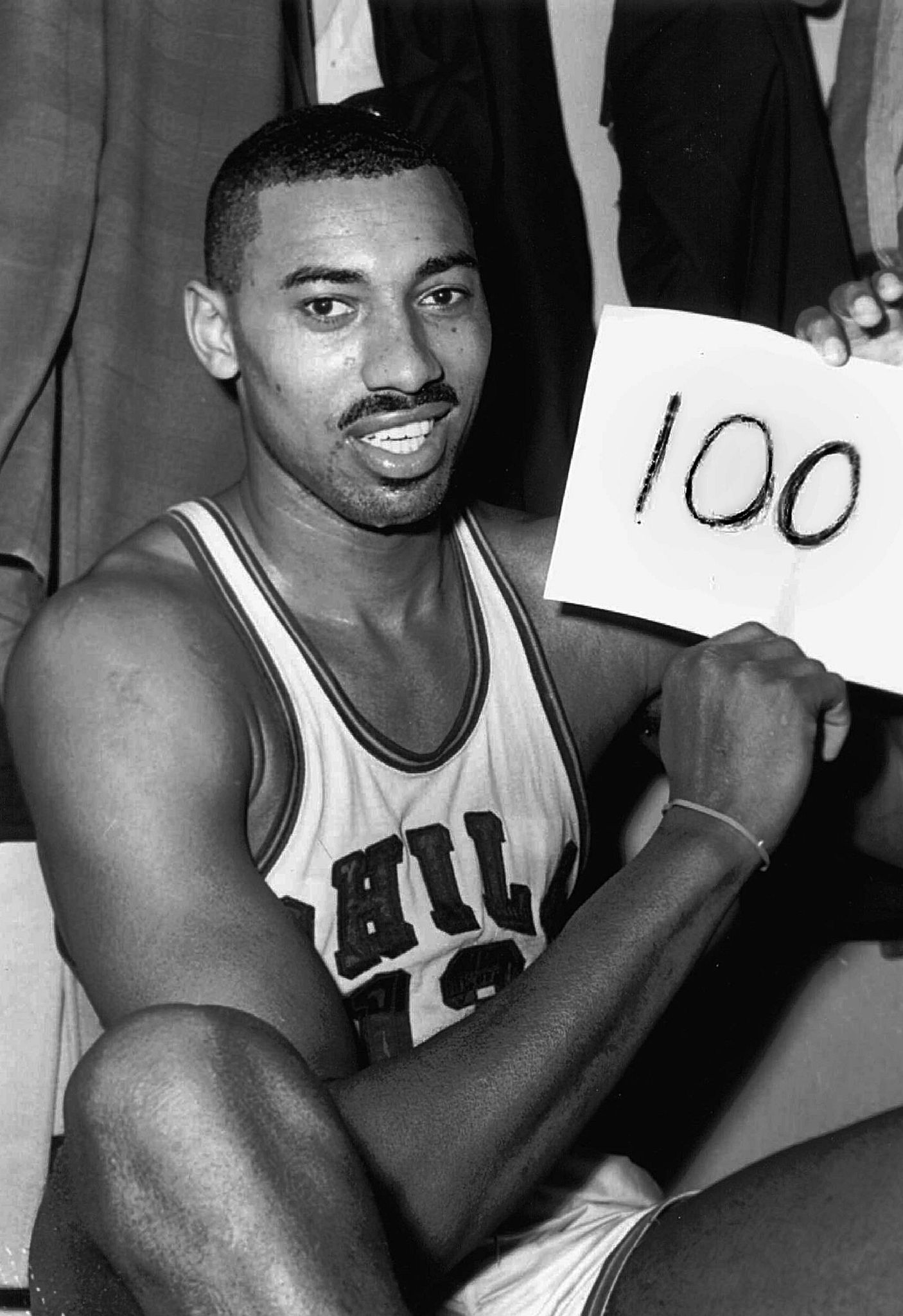
Everything about the 7-foot-1 Wilt Chamberlain seemed beyond the scope of mere mortals. But even by his standards, scoring 100 points on a March night to lead the Philadelphia Warriors to a 169-147 win over the New York Knicks was a feat neither he nor any other NBA star would ever match.
1965: Jack Nicklaus: Legend of the Golden Bear

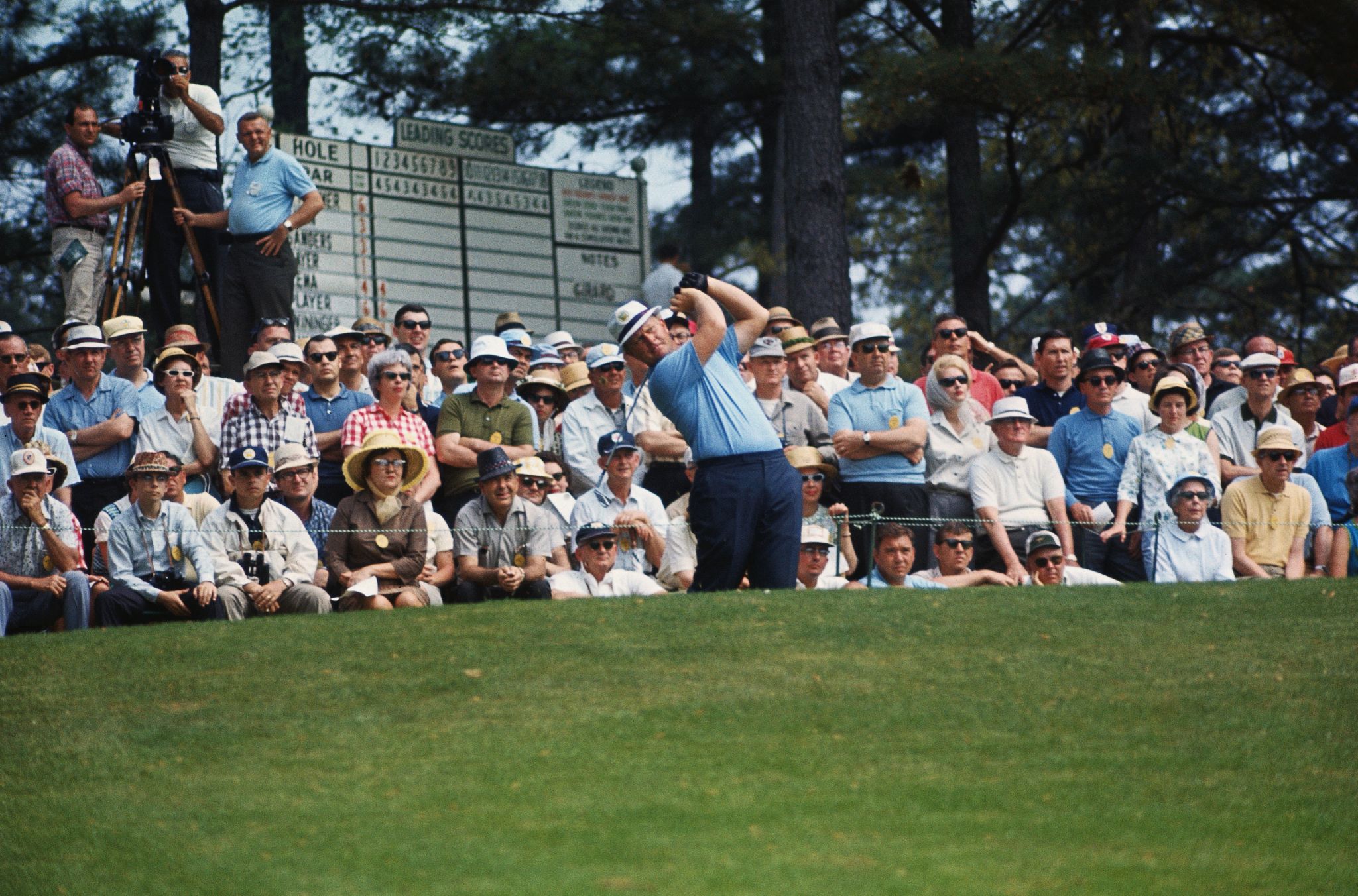
Jack Nicklaus overpowered the field — and the course — to win the Masters by nine strokes with a four-round score of 271, breaking Ben Hogan’s course record by three strokes. That record would last more than 30 years until another legend, Tiger Woods, broke it in 1997.
1968: Peggy Fleming: Grace and Steel

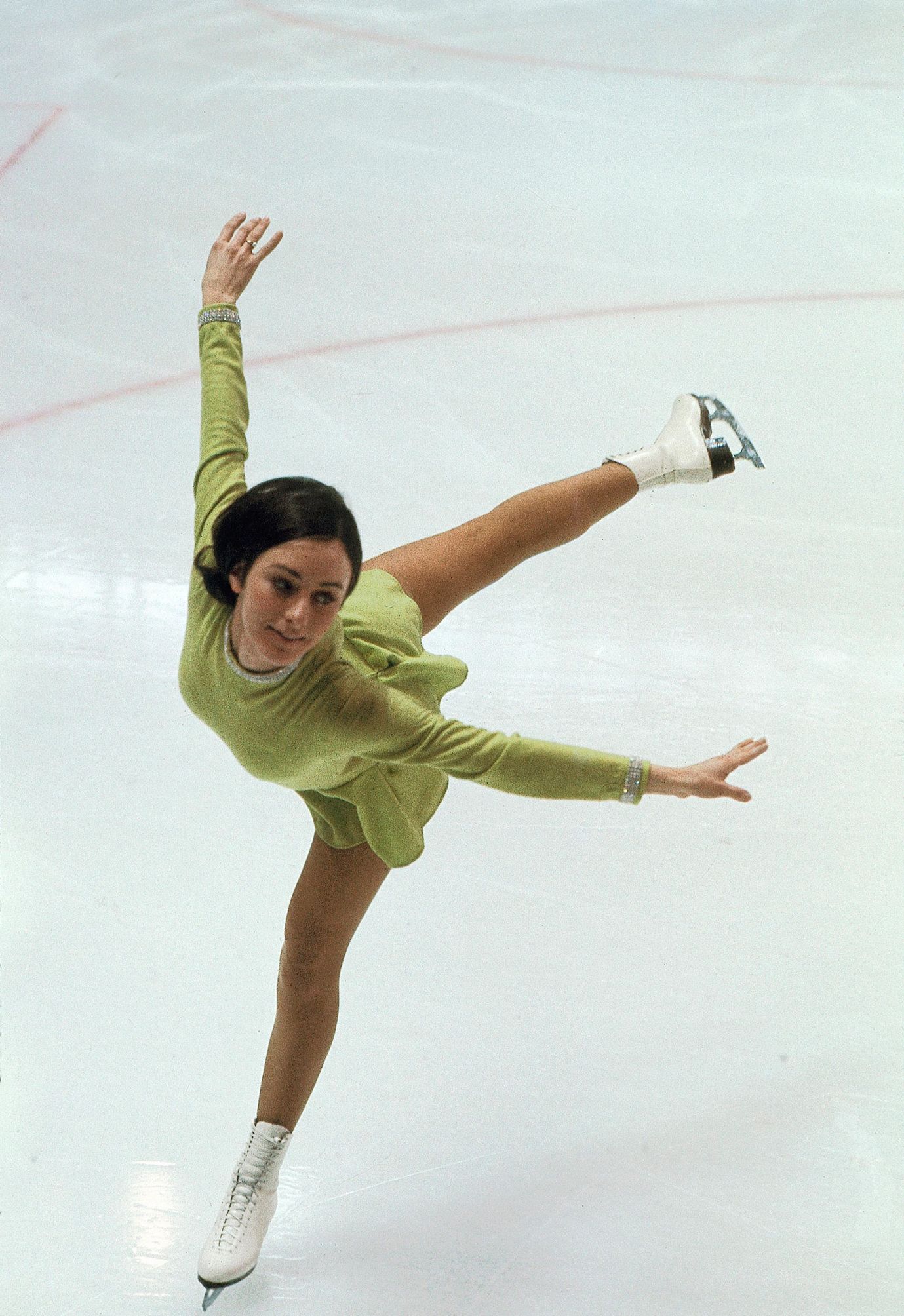
The United States won only one gold medal at the 1968 Winter Olympics in Grenoble, France, but Peggy Fleming’s flawless performance on the ice created an indelible memory. The 19-year-old from a working-class family in California (her mother made her skating costumes) displayed sophistication and elegant precision in her routine.
1969: Joe Namath Guarantees a Super Bowl Win

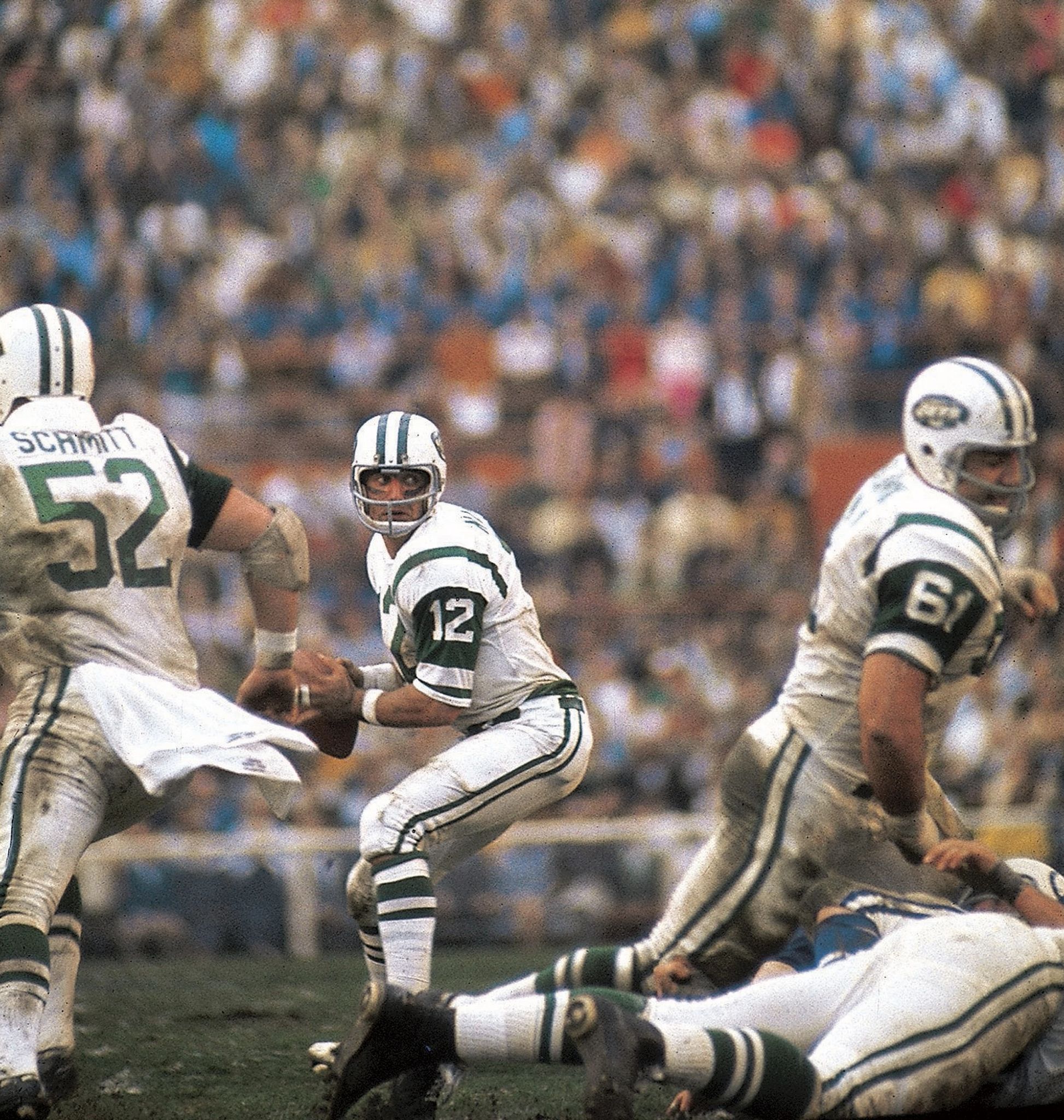
Some tuned in to see the young upstart “Broadway” Joe Namath humbled by the mighty Baltimore Colts. Others hoped against hope that the New York Jets quarterback would back up his boast that his underdog team would win Super Bowl III. The Jets’ defense delivered, holding the Colts scoreless for three quarters. Namath’s cockiness was in tune with the times, and a legend was born.































































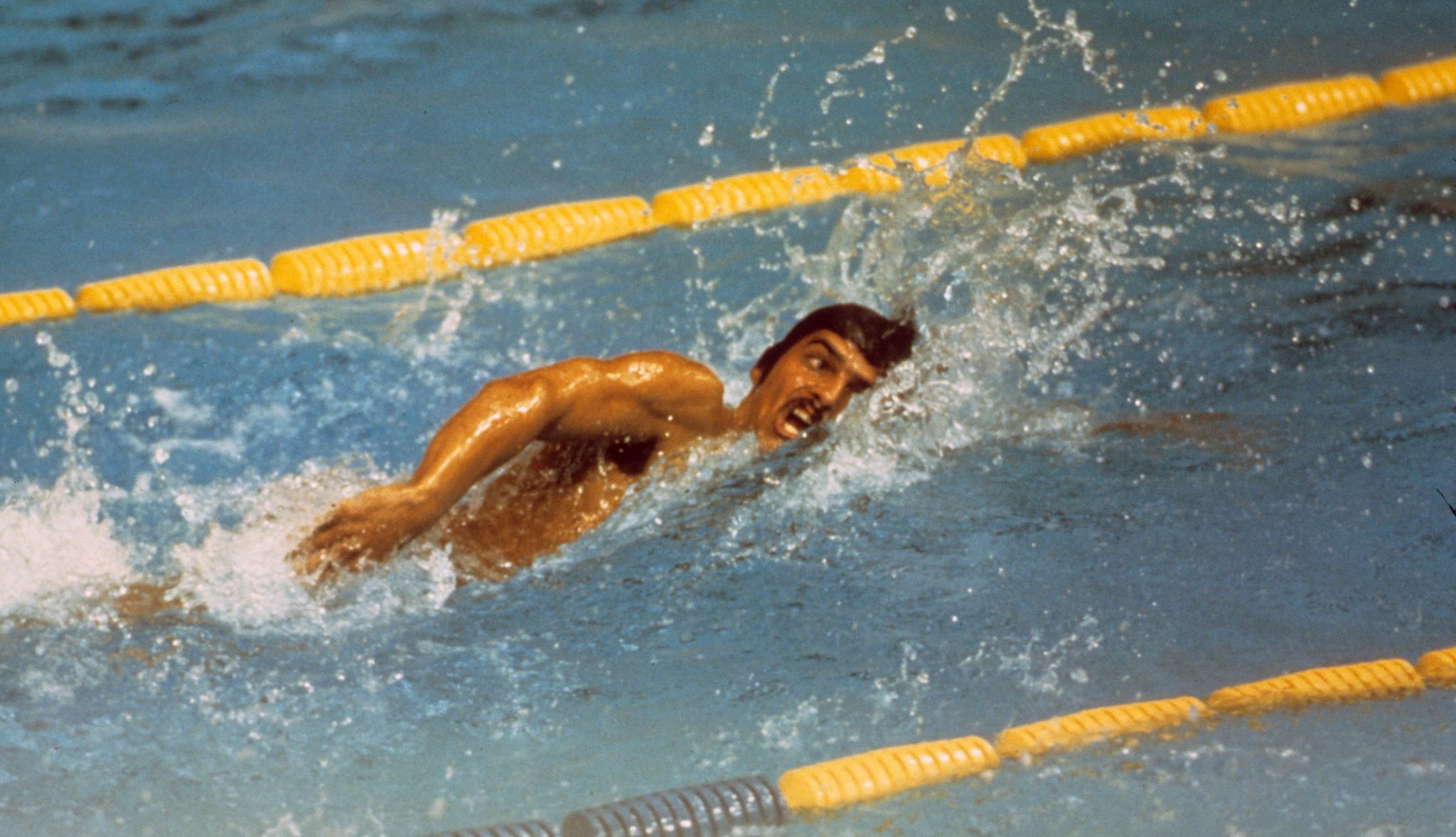
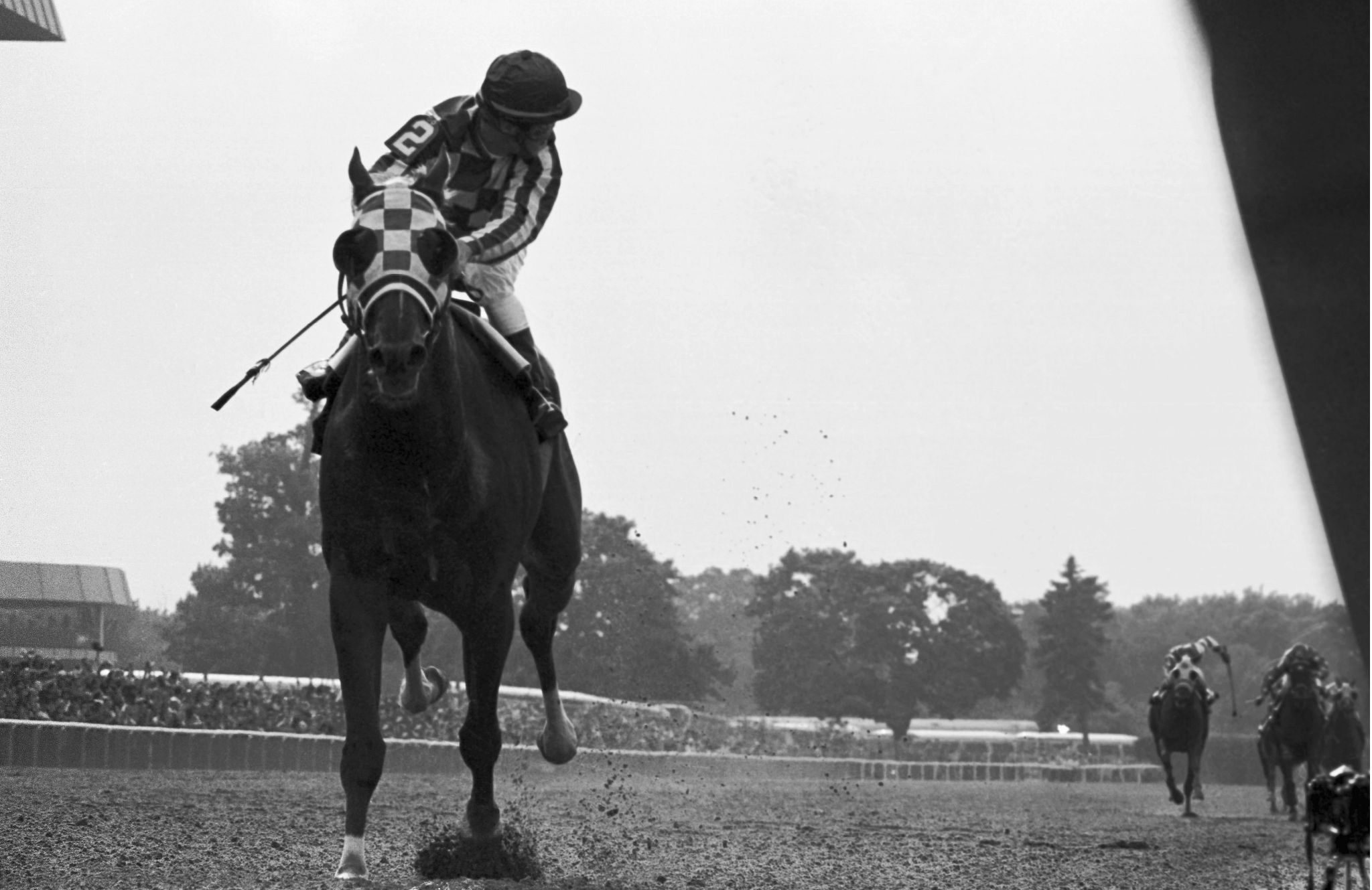
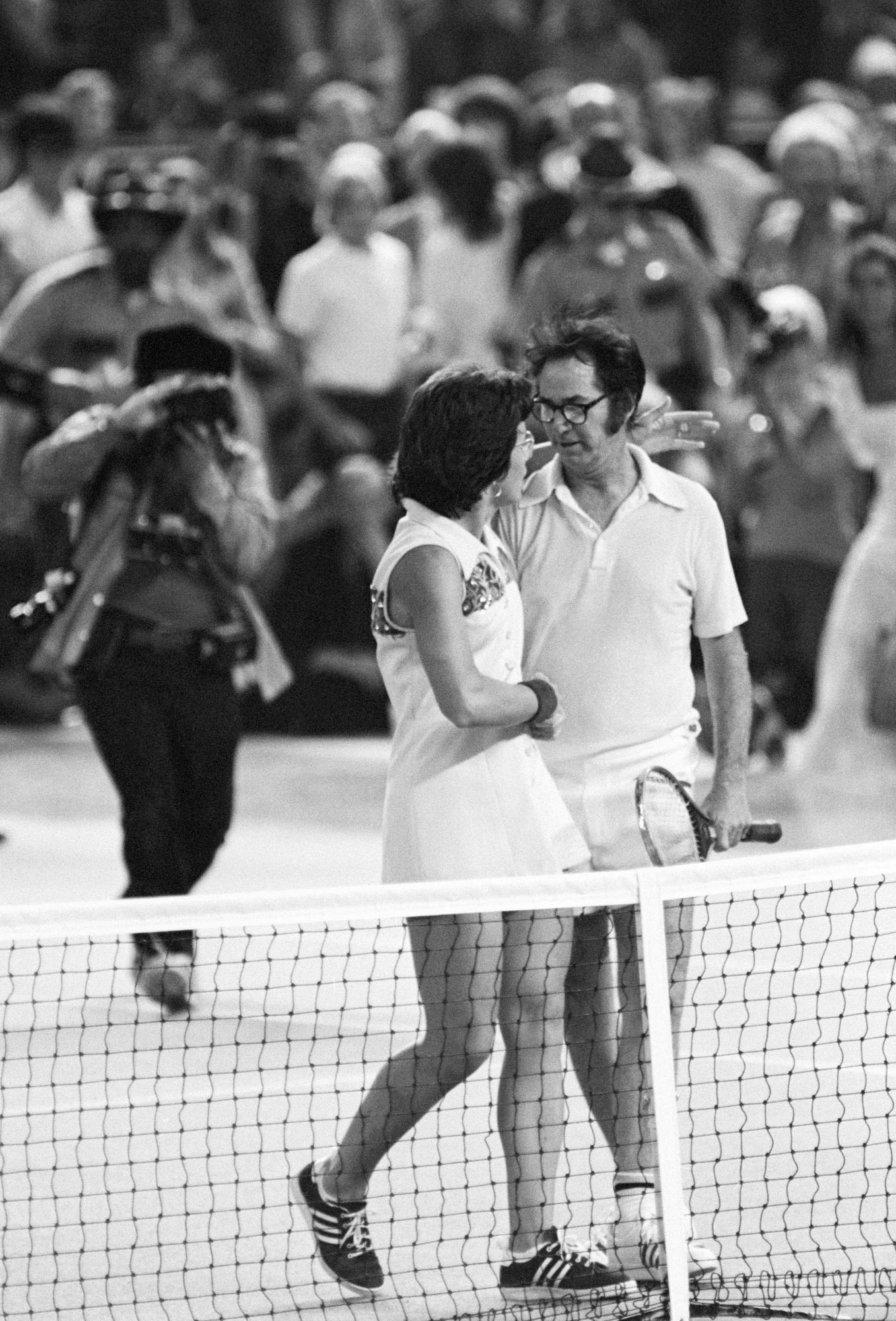
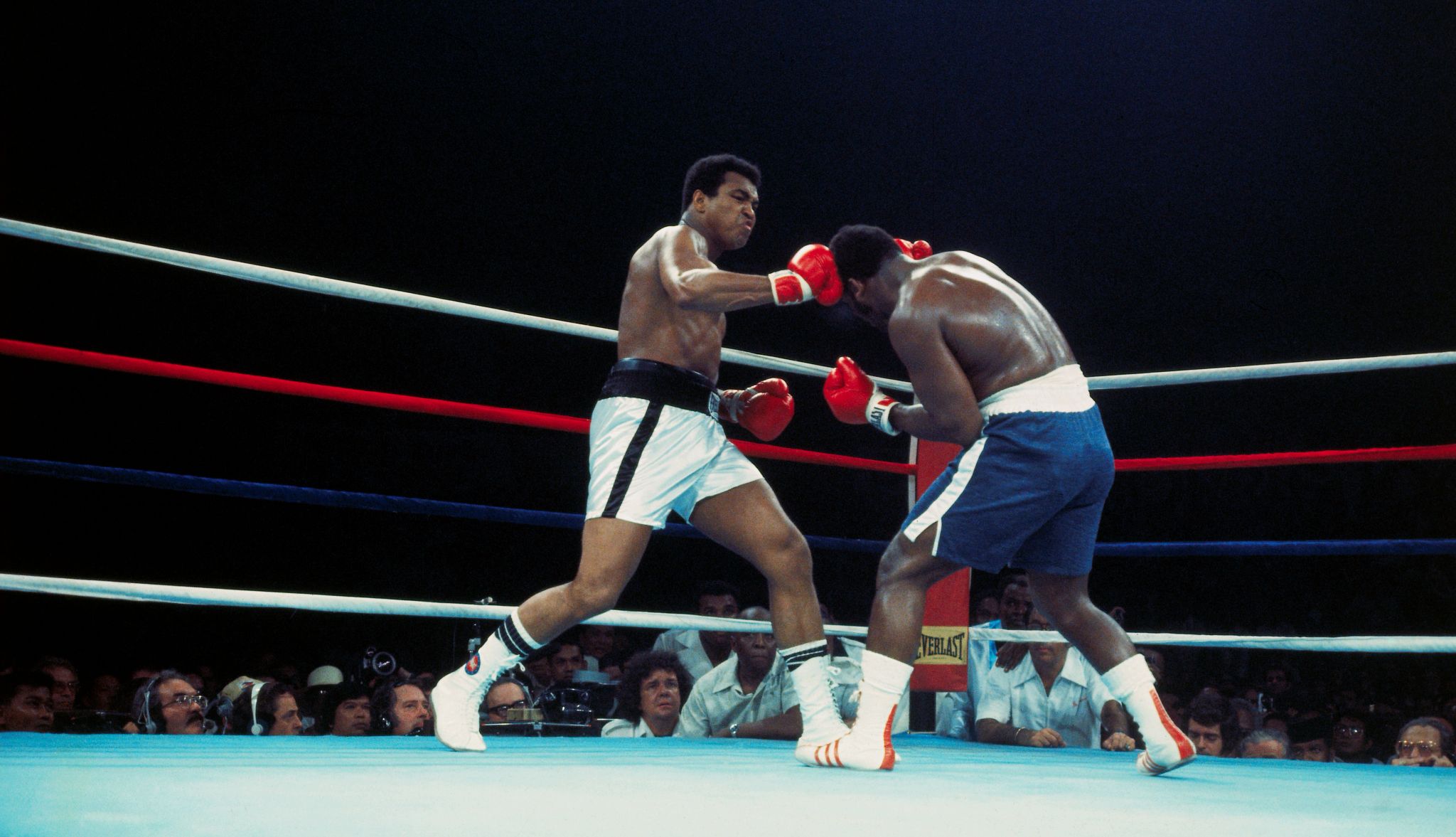
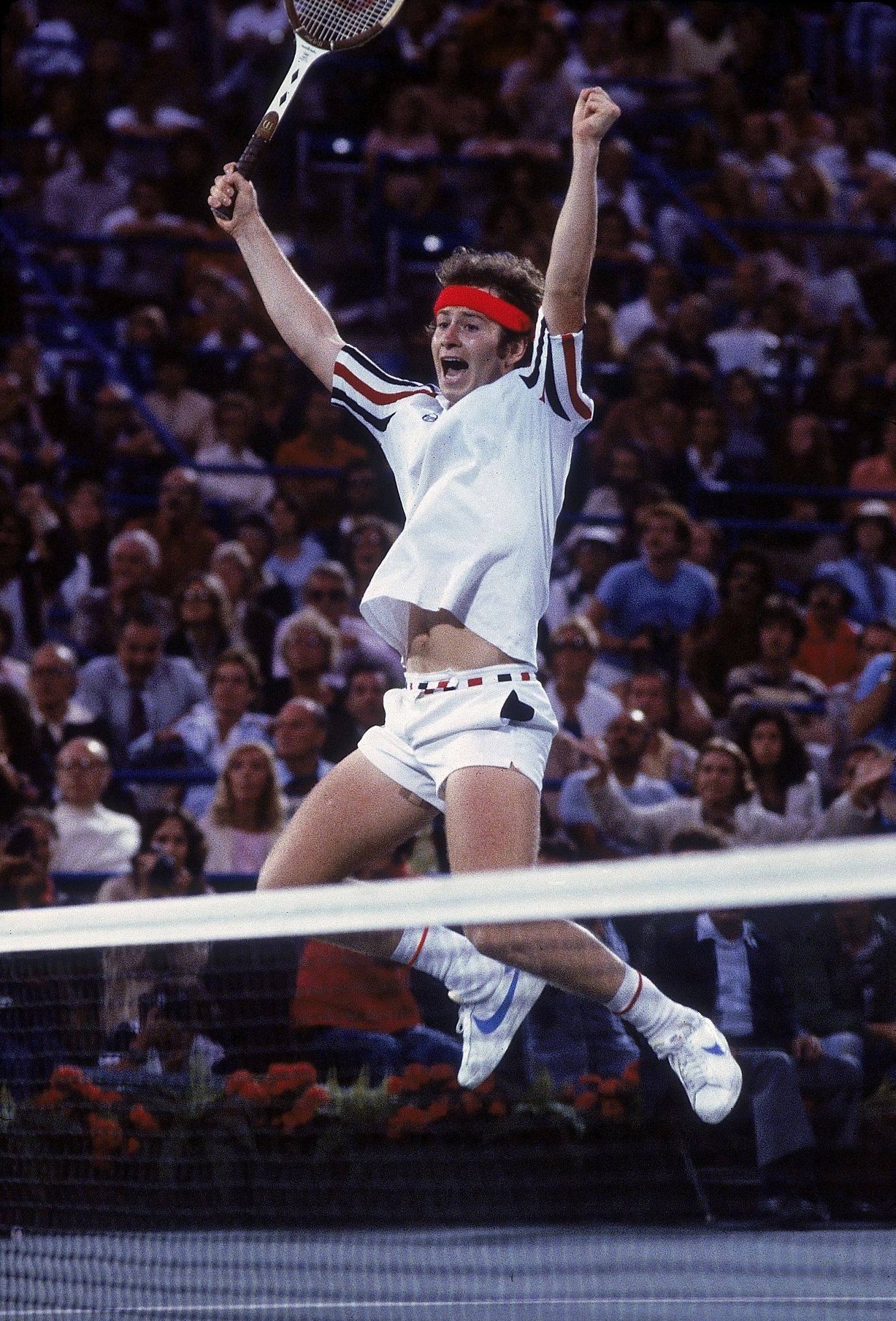


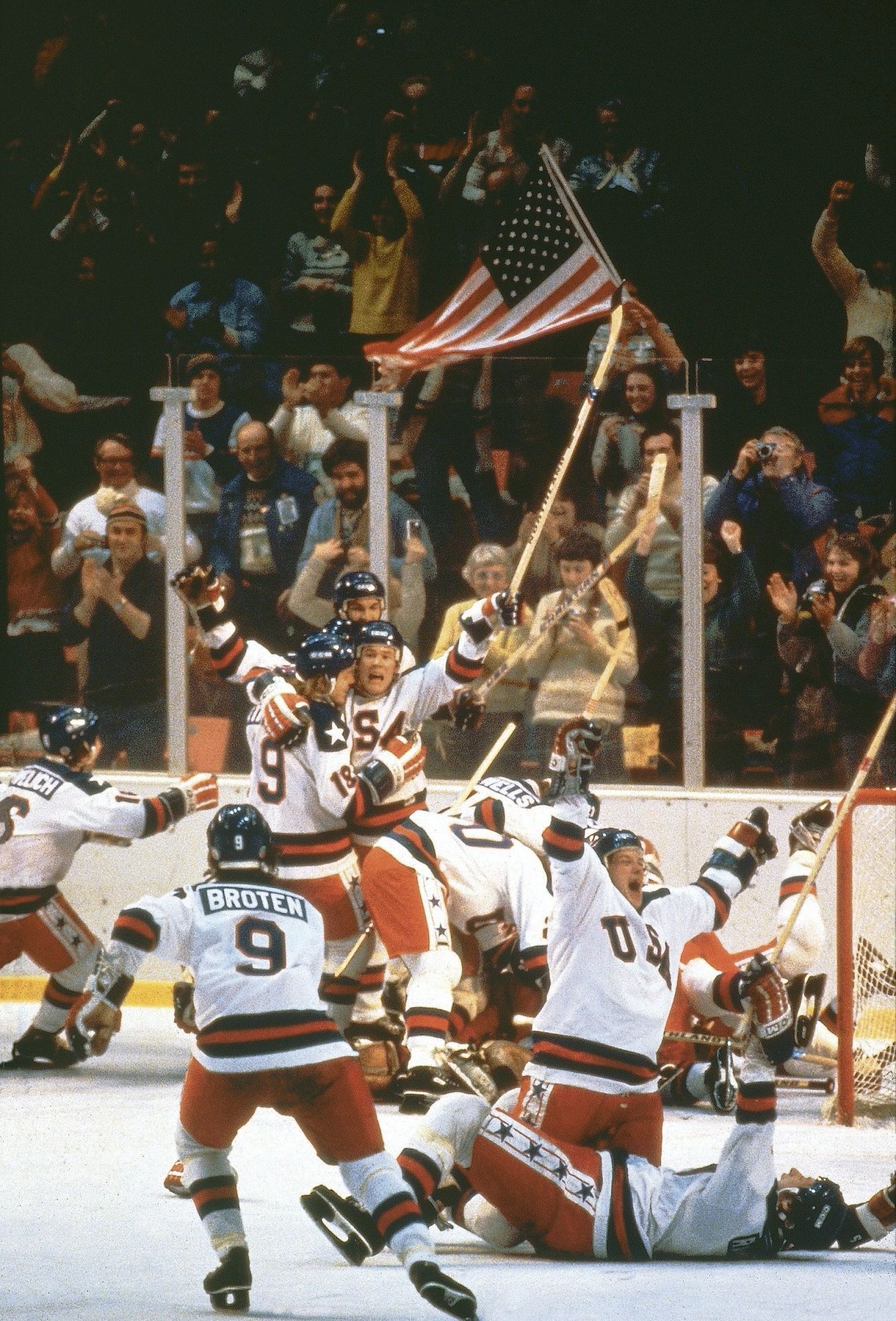
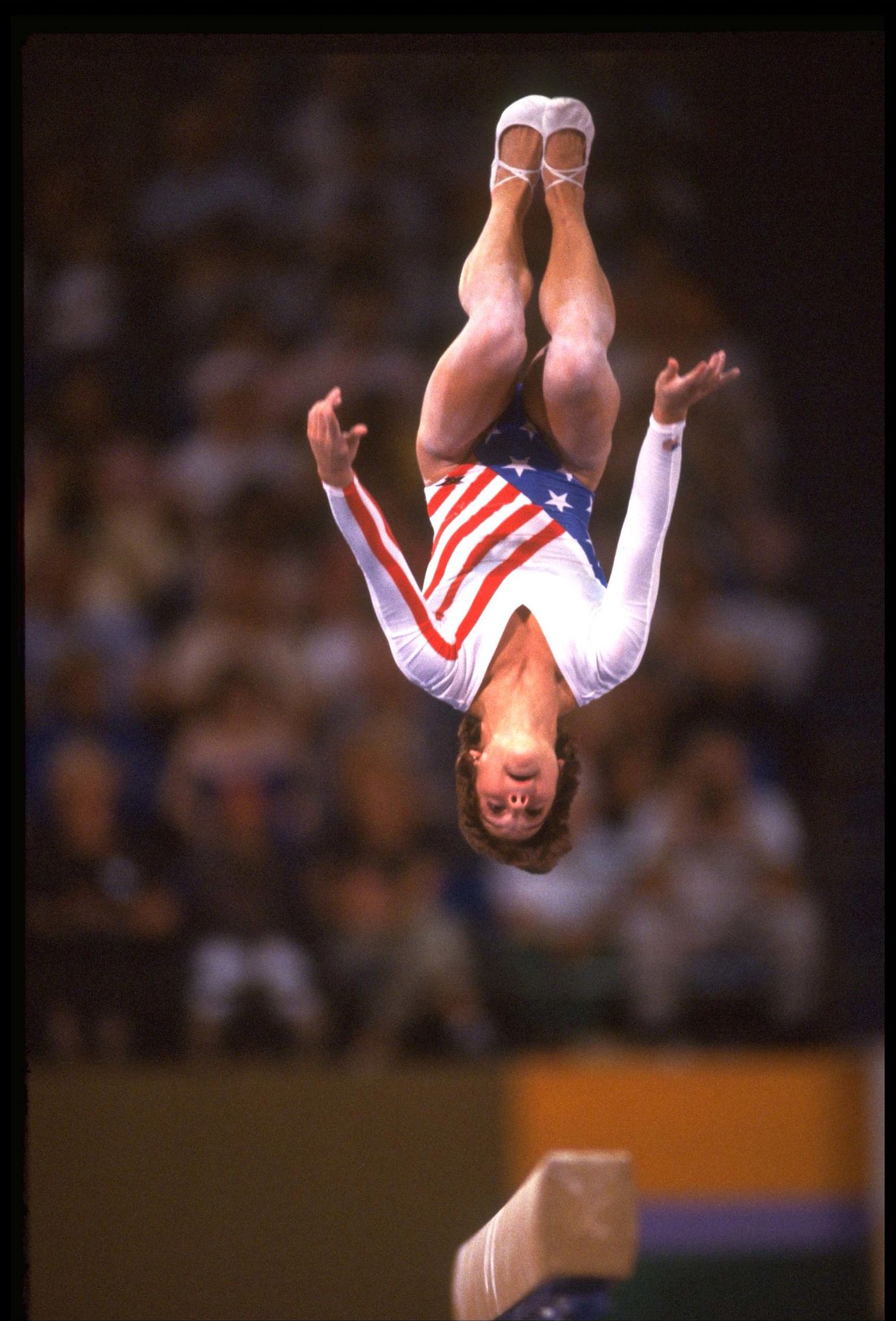
You Might Also Like
2025’s Movies for Grownups Favorites (So Far)
‘Sinners,’ ‘Nonnas’ and ‘Mission: Impossible — The Final Reckoning’ are some of our top flick picks
Classic Hits Find New Audiences in Online Videos
Videos on TikTok and other online platforms often use old songs to capture the right vibe
The 75 Most Unforgettable Moments in TV History
Celebrate the 75th anniversary of the Emmy Awards by remembering these events and shows